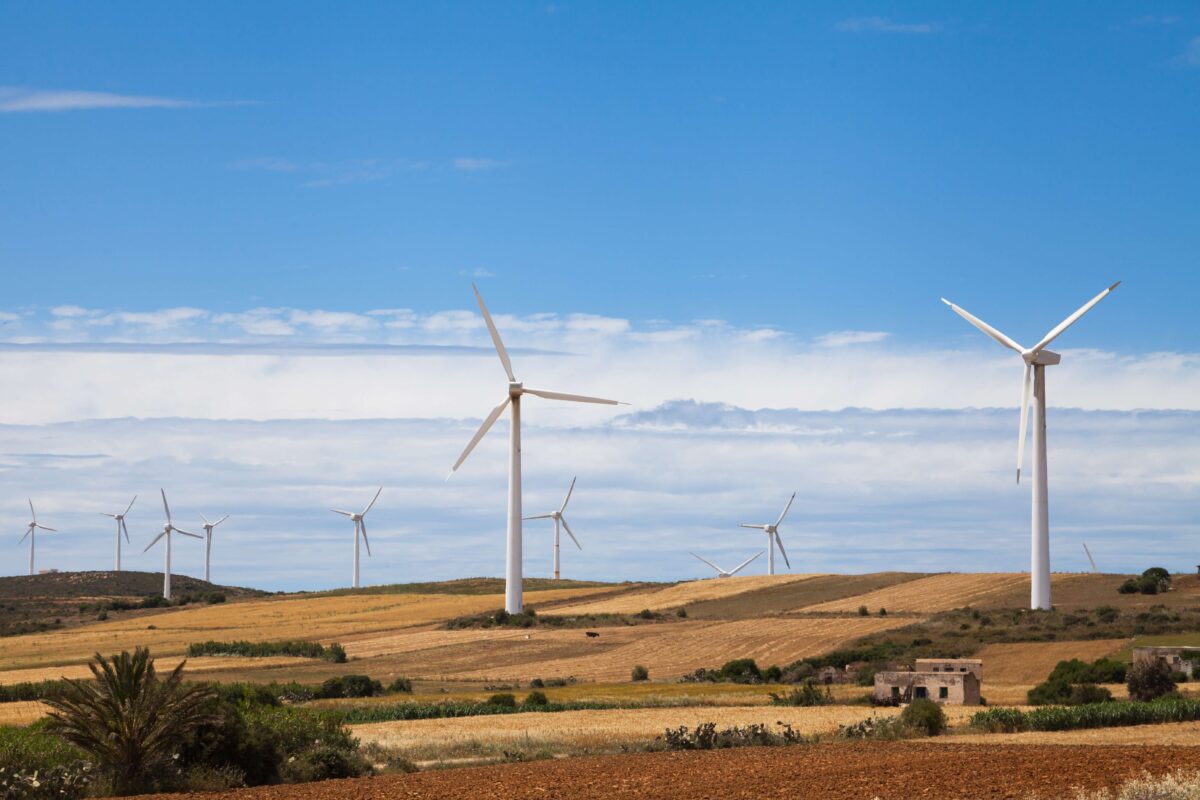Beware Fake News on the economic and other choices we have to make
 Below is a shortened version of John’s blog. You can read the full version here.
Below is a shortened version of John’s blog. You can read the full version here.
There are longstanding debates about the economic costs of moving the world away from its addiction to the fossil fuels that are the prime source of the greenhouse gases causing temperature and climate change. There will be renewed attention to the challenges as the world slowly emerges from the covid-19 pandemic.
However, the propaganda battle has already begun, and so have the invented stories. On 7th May the Financial Times commissioned an exchange of views between Christina Figueres, a former leader of the UN climate secretariat, and Benjamin Zycher of the American Enterprise Institute on the subject “Can we tackle both climate change and Covid-19 recovery?”
Taxes at $30 for a gallon of petrol? Really?
Zycher claims that the IPCC advocates carbon taxes for 2030 with a midrange equivalent to $30 per gallon of petrol.
If a number looks wrong, then it’s likely wrong. My familiarity with energy statistics, and energy costs and prices, indicates this is an order of magnitude error.
Further, the attribution to the IPCC was intrinsically improbable, as the IPCC does not take policy positions. Its function is to report and summarise the literature of thousands of scientific and other publications, including economic modelling. It emphatically does not “do” policy recommendations, or advocacy.
I decided to do a quick check to understand how the author had come to “$30 per gallon” which was being used to exemplify the extremism of environmental campaigners. If not correct, this seems to be a particularly egregious example of dishonest reporting and misinformation.
First this meant chasing up the citation[2], given as Chapter 2 of the IPCC Special Report: Global Warming of 1.5 ºC. That report also has a Summary for Policymakers. Inspection of that summary did not reveal any mention of carbon taxes or carbon prices. If IPCC were really engaging in advocacy, it is in a summary for policymakers that one would expect to find it. It was not there.
I turned to Chapter 2, which appeared to be where Zycher had extracted his dubious statistic. The chapter consists largely of a technical summary of modelling methods, and hundreds of modelling outputs, all heavily qualified as to assumptions, meaning and interpretation. It does discuss the theoretical impact of carbon prices, but the relevant section, around page 78 of Chapter 2 emphasises the “real world distinction … between implementable and notional [model] carbon prices …” and that any “price … estimated in modelling studies needs to be compared with what is feasible”.
Turning to climate policy discussions, some proposals for more aggressive carbon pricing do indeed favour CO2 prices (or taxes) higher than today’s, typically of $100-200 per tonne. The same section of the IPPC report does identify evidence in support. “Literature has identified a range of factors … that support [social cost] SCC values above $100.” But for petrol that would be around 90 cents per gallon, an amount almost lost in the noise, not Zycher’s hysteria-inducing 30 dollars. Focusing on petrol prices in an electric future seems inappropriate but is presumably intended to link back to an everyday price with which most people are familiar.
To continue reading, please head over to John’s blog site: https://co2economics.blogspot.com/2020/05/saving-planet-does-not-necessarily-cost.html




